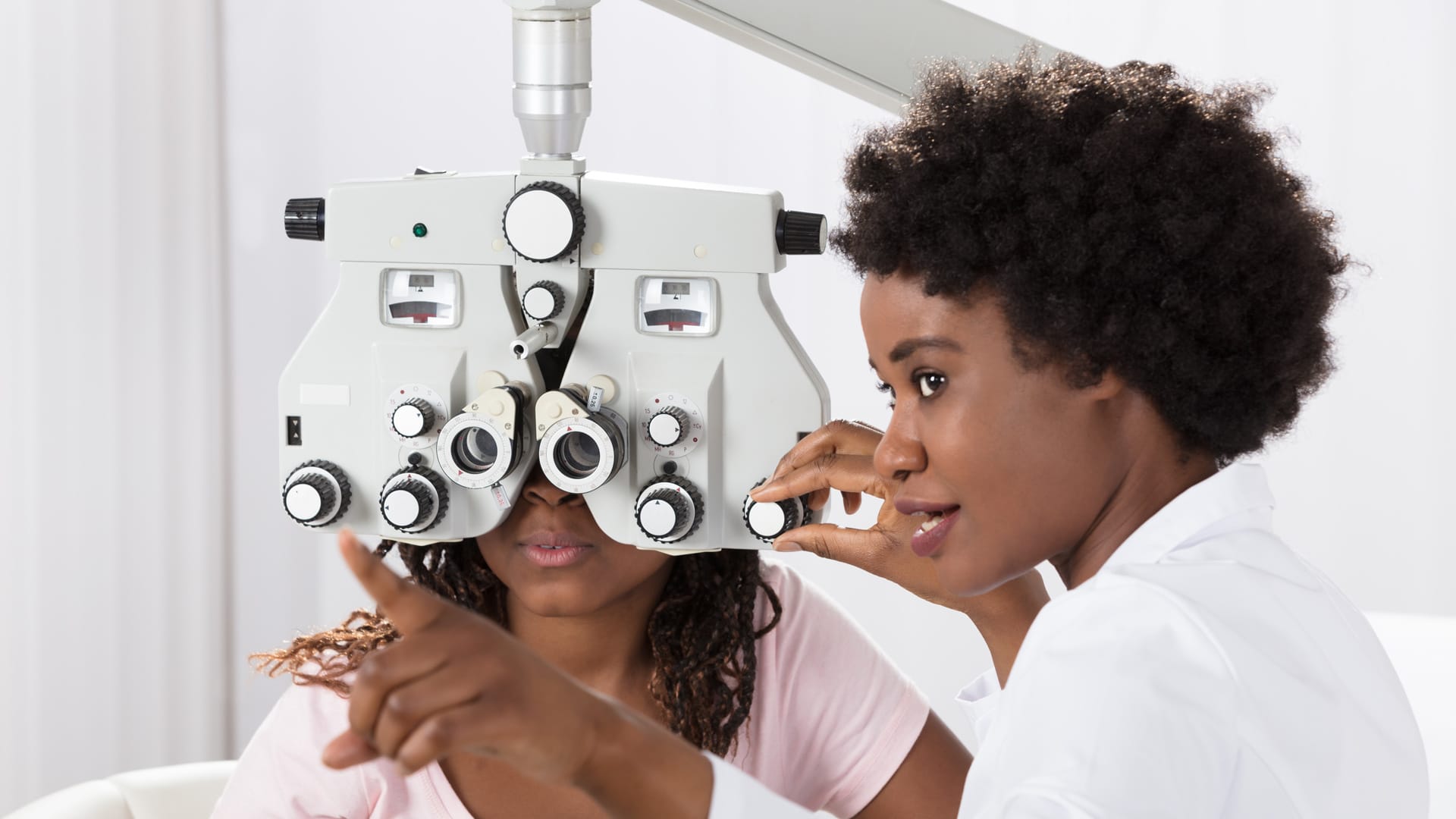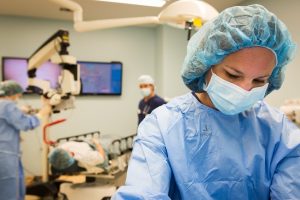Everything about Amblyopia
Table of ContentsAdult Cataract Can Be Fun For EveryonePaediatric Ophthalmology Things To Know Before You Get This9 Easy Facts About Adult Strabismus ExplainedThe Ultimate Guide To Paediatric Ophthalmology
Ophthalmologists are clinical doctors who specialize in the medical diagnosis and therapy of eye and also vision problems. These 3 types of eye treatment specialists have rather similar-sounding names as well as overlapping task descriptions.They can not provide eye exams, write prescriptions, or diagnose or treat eye problems. Supply eye exams, vision testing, and prescriptions for glasses or call lenses.

Eye doctors identify as well as deal with injuries, infections, illness, as well as conditions of the eye. Treatments can include drug taken by mouth (by mouth) or topically (in the eye), surgery, cryotherapy (freeze therapy), and chemotherapy (chemical treatment). Ophthalmologists participate in medical college after that get numerous years of specialized training in the clinical as well as medical treatment of the eye.
Adult Strabismus Fundamentals Explained
As they are the only clinical professionals who can deal with all eye conditions, eye doctors see a wide selection of eye problems, including: How usually should you have an eye exam? What are symptoms that suggest you may have an eye problem that requires to be inspected by an optometrist? The American Academy of Ophthalmology recommends: As youngsters's eyes are expanding as well as transforming swiftly, they should get a vision testing.
Adults that have healthy eyes and outstanding vision must have four thorough eye examinations: one in their 20s, 2 in their 30s, as well as one at age 40. These checkups may allow the ophthalmologist to catch an eye condition or vision changes early on. By the time you notice signs, you may currently have some vision loss (CONJUNCTIVITIS).
:max_bytes(150000):strip_icc()/optometrist-vs-ophthalmologist-5094869_final-0d8eca1d944a4b54b1423065ac2e780f.jpg)
People that are at a higher threat of eye illness may need to get an eye examination extra often. After age 65, your eyes ought to be examined every one to two years.
Your view depends on his explanation seeing the ideal eye medical professional at the best time. When it's time to "get your eyes checked," make certain you are seeing the appropriate eye care specialist for your requirements.
Paediatric Ophthalmology Things To Know Before You Buy

is a medical or osteopathic physician that concentrates on eye and also vision care. Eye doctors differ from optometrists and also opticians in their levels of training as well as in what they can detect and treat (https://www.intensedebate.com/people/drcrlinecatt). As a clinical doctor who has actually completed college as well as at the very least eight years of additional medical training, an ophthalmologist is certified to practice medicine and surgical procedure.
Many ophthalmologists are additionally associated with scientific research on the reasons as well as treatments for eye diseases and vision conditions. SUBSPECIALISTS: ADDITIONAL KNOWLEDGE AND TRAINING FOR DETAILS EYE requires While ophthalmologists are trained to take care of all eye issues and also conditions, some Eye M.D.s specialize in a specific location of medical or medical eye treatment.
He or she generally completes a couple of years of added, a lot more extensive training called a fellowship in one of the major subspecialty locations such as glaucoma, retina, cornea, pediatrics, neurology as well as cosmetic surgery, as well as others. This included training as well as knowledge prepares an eye doctor look after even more complex or certain conditions in specific locations of the eye or in certain teams of clients.
An eye doctor is not a medical doctor. An optometrist gets a doctor of optometry (OD) level after finishing four years of optometry institution, preceded by three years or even more years of university. They are licensed to exercise optometry, which largely includes carrying out eye tests and also vision tests, suggesting as well as dispensing restorative lenses, detecting specific eye abnormalities, and suggesting medications for particular eye diseases.
What Does Eye Exam Do?
They use prescriptions supplied by ophthalmologists or eye doctors, yet do not check vision or create prescriptions for visual correction. Opticians are not permitted to identify or treat eye diseases. We all depend on our vision in even more manner ins which we may understand. Without healthy and balanced vision, our capacity to work, play, drive and even identify a face can be drastically affected.
That's why it is so crucial to see an eye doctor for a complete clinical eye examination by age 40, and then as frequently as suggested by your Eye M.D.
A full, medical eye test by an Eye M.D. could be the very first action towards saving your sight. Bulging of one or both eyes; Dark drape or veil that obstructs your vision; Decreased vision, even if short-lived; Diabetes mellitus; Distorted vision; Double vision; Excess tearing; Eyelid problems; Household history of eye disease; Halos (tinted circles around lights); High blood pressure; HIV or AIDS; Injury to the eye; Loss of peripheral (side) vision; Misaligned eyes; New floaters (black "strings" or specks in the vision) and/or flashes of light; Discomfort in the eye; Thyroid disease-related eye troubles (Graves' illness); Uncommon red eye.